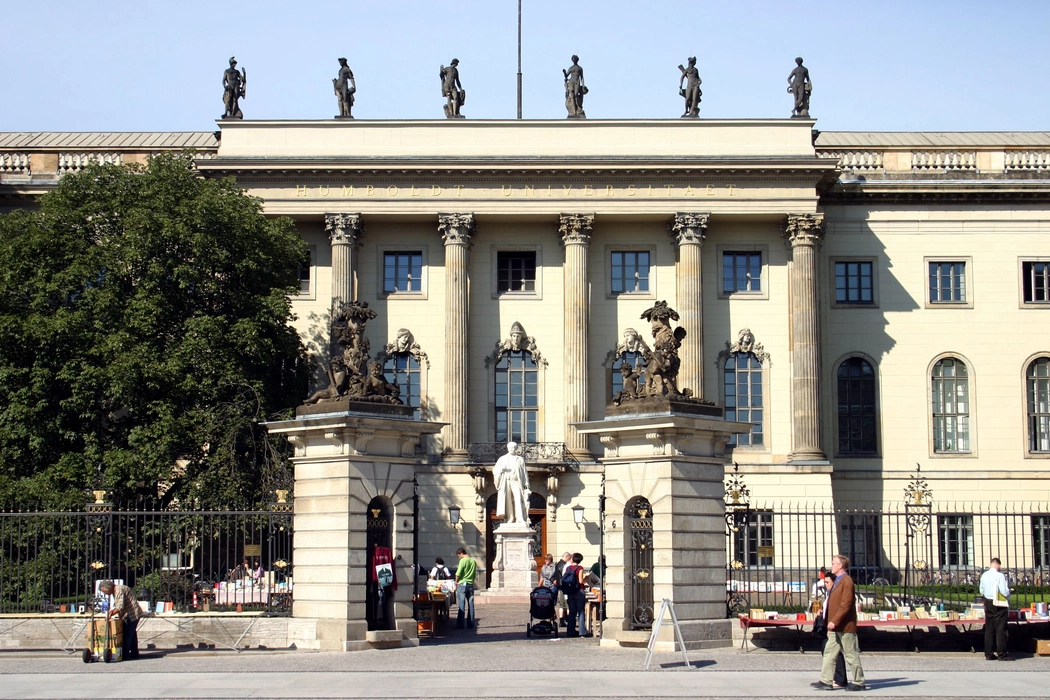What Were the Cultural Implications of Political Communication in the Late Roman Republic?
DOI:
https://doi.org/10.21036/LTPUB10489Researcher
Claudia Tiersch is Professor of Ancient History at the Humboldt University of Berlin. Previous affiliations include the universities of Dresden and Munich as well as the Institute for Advanced Study at Princeton University. Her research is focused, among other topics, on the history of the ancient city, political communication and church and state in late antiquity.

Original Publication
Political Communication in the Late Roman Republic: Semantic Battles Between Optimates and Populares?
Claudia Tiersch
Published in
Citation
Claudia Tiersch,
Latest Thinking,
What Were the Cultural Implications of Political Communication in the Late Roman Republic?,
https://doi.org/10.21036/LTPUB10489,
Credits:
© Claudia Tiersch
and Latest Thinking
This work is licensed under CC-BY 4.0
